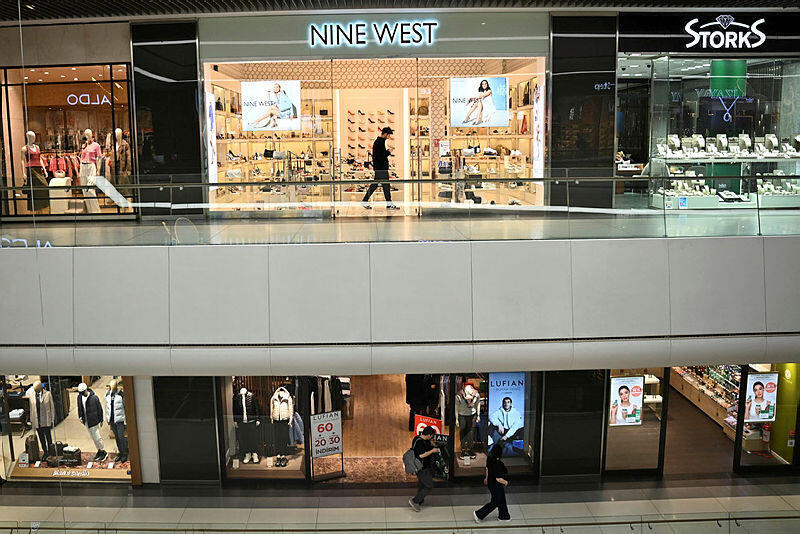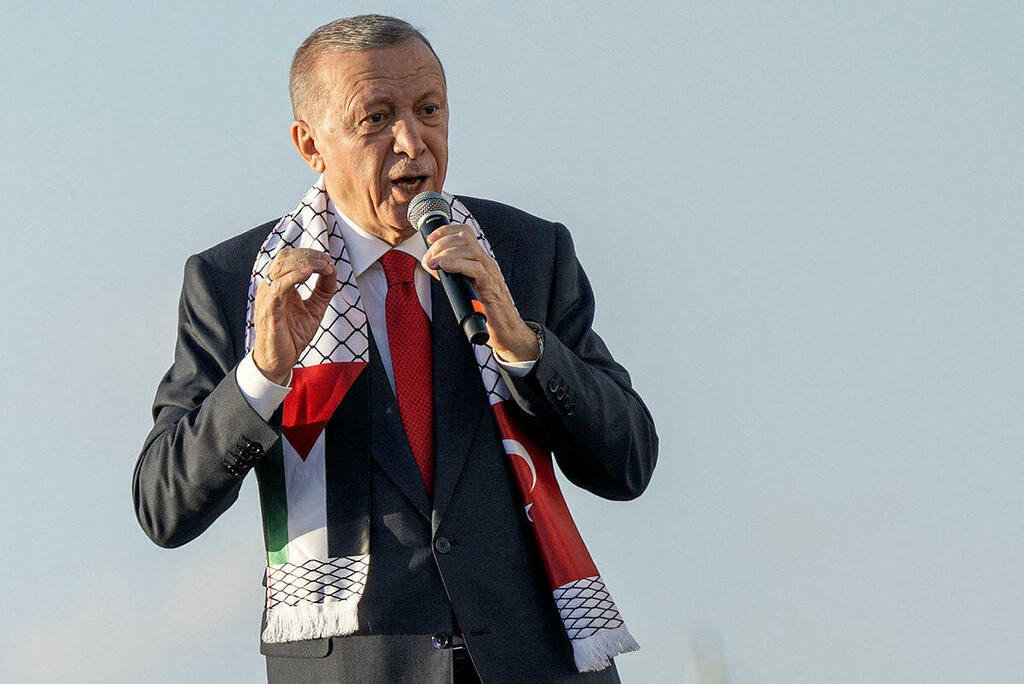Political tensions in Turkey following the arrest of Ekrem İmamoğlu—the popular mayor of Istanbul and the most significant challenge to Recep Tayyip Erdoğan's 22-year rule—has escalated from mass protests in the streets of major cities to threatening the country's already fragile economy.
"Stop buying! No supermarkets, no online shopping, no restaurants, cafes or gas stations," wrote Özgür Özel, opposition leader, on X (formerly Twitter), calling for a 24-hour economic boycott on Wednesday, including a demand to shut down businesses.
"I call on everyone to use their power as consumers and participate in the boycott." This call is more extreme than the opposition's previous appeals to boycott pro-Erdoğan media outlets that suppress the protests, as well as businesses advertising on those channels or those close to the government. İmamoğlu himself joined the call for the boycott from his detention cell.
Turkey's public prosecutor's office has already announced it will launch an investigation into the boycott call on charges of "divisive rhetoric, incitement to hatred and discrimination," adding to other investigations on the same topic, which include allegations of physical and verbal violence against the companies targeted by the boycott. State officials have condemned the boycott call, labeling it an "act of sabotage."
The boycott call follows the arrest of 301 protesting students (out of approximately 1,900 total detainees) who are demonstrating against the government's actions and accusations leveled at İmamoğlu, who is expected to replace Özel as the leader of the Republican People's Party (CHP) and run against Erdoğan in the presidential elections. Among the accusations leveled at İmamoğlu are aiding Kurdish terrorists and corruption. Additionally, Istanbul University revoked his academic degrees over alleged "irregularities," which would disqualify him from meeting the eligibility criteria to run for office.
Turkey has been suffering from prolonged economic instability characterized by stagnation, a depreciating local currency, and high inflation, which has led to a high cost of living. However, in late 2023, Erdoğan appointed a new finance minister, and the central bank's leadership was replaced, leading to a shift in Turkey's economic policy and making it more attractive to foreign investors.
These measures resulted in inflation dropping below 40% (to 39%) in February for the first time since June 2023. On the other hand, the decision to arrest İmamoğlu and the subsequent protests caused a 10% drop in the value of the local currency and a 20% collapse in stock market value, the steepest decline since the global financial crisis of 2008.
Erdoğan is aware that he must resolve the protests and internal unrest, especially to maintain stability with foreign stakeholders. Foreign investors have already begun withdrawing some of their investments, foreign companies have slowed their activities with Turkish exporters, and the tourism sector fears a wave of vacation cancellations if the situation does not stabilize.
Get the Ynetnews app on your smartphone: Google Play: https://bit.ly/4eJ37pE | Apple App Store: https://bit.ly/3ZL7iNv
However, there is still time before the summer vacation season, and it is uncertain whether the unrest and protests will spill over into popular tourist destinations along the Antalya coast. Istanbul, home to one-fifth of Turkey's population and responsible for about one-third of the national GDP, poses a much more immediate and acute problem.
The Doğuş conglomerate, closely tied to Erdoğan's government and owning TV stations, energy companies, and over 200 restaurants, has become a target of the protests. "Doğuş will be buried underground," Özel promised hundreds of thousands of Turkish protesters gathered in a park in Istanbul. "We will not set foot in their restaurants. Our money will not be spent on TV stations that ignore the protests and label them as 'violent and anti-Turkish movements,' as Erdoğan himself described them."
The EspressoLab coffee chain has become a symbol of the struggle. While Erdoğan's supporters posted thousands of selfies holding coffee cups and shopping bags to express their support and confidence in the Turkish economy, many protesters surrounded the coffee chain, which became a symbol of the regime, forcing the police to station officers around the chain 24/7.
A resident of Istanbul, who declined to be named, told Der Spiegel: "Usually, I come here with my kids in the afternoon. We love their food and drinks, and it's quality time for us after school. But for me and other middle-class Turks, there's no way to join the protests, even if we agree with their cause and fear the erosion of democracy and political persecution. We have too much to lose if someone sees our faces at protests against Erdoğan. But once it was announced that EspressoLab was on the list of businesses to boycott to fight Erdoğan, it became our way to participate and contribute to the protests. Giving up our coffee and cake is a small sacrifice compared to the 2,000 Turkish citizens who have been imprisoned."



